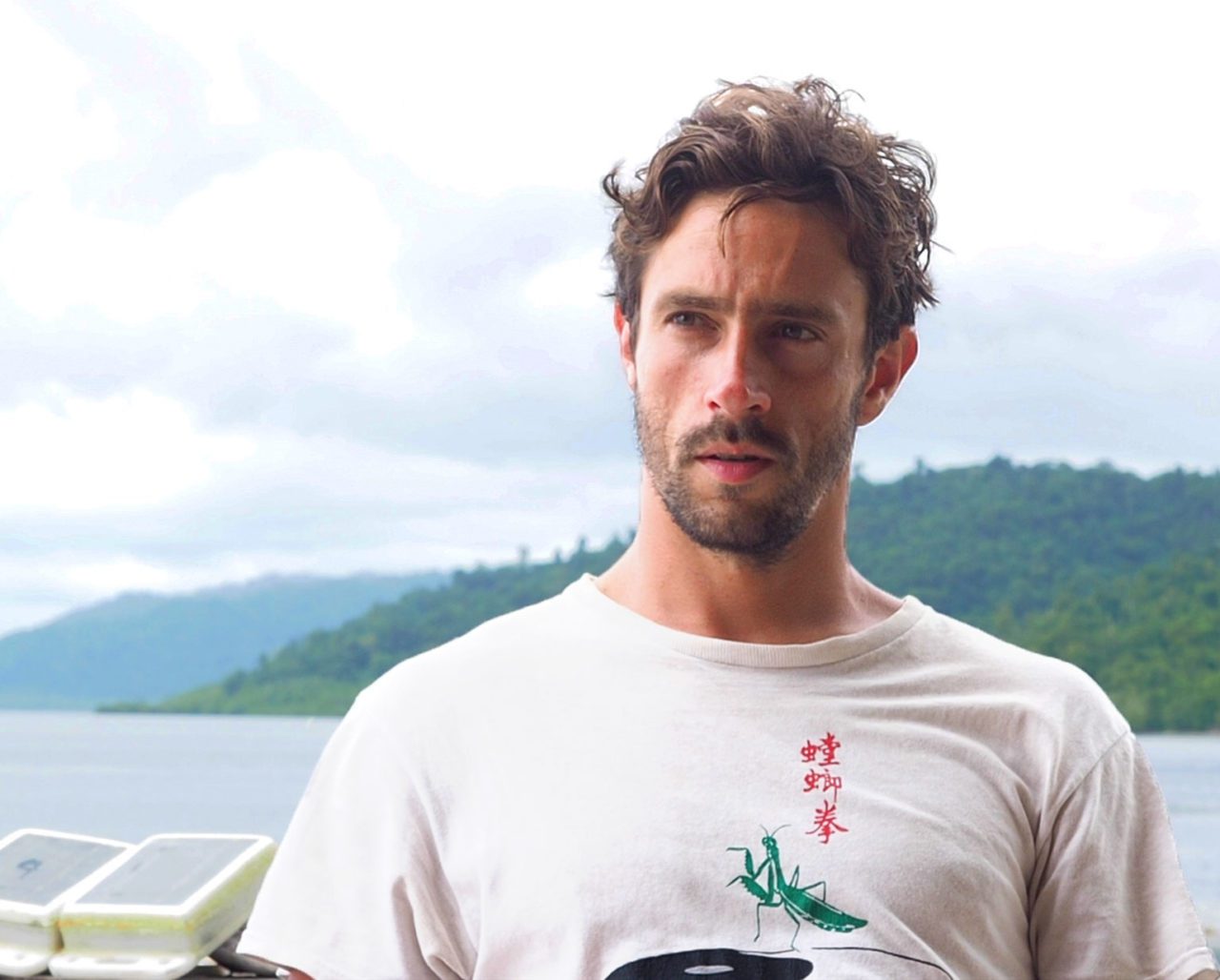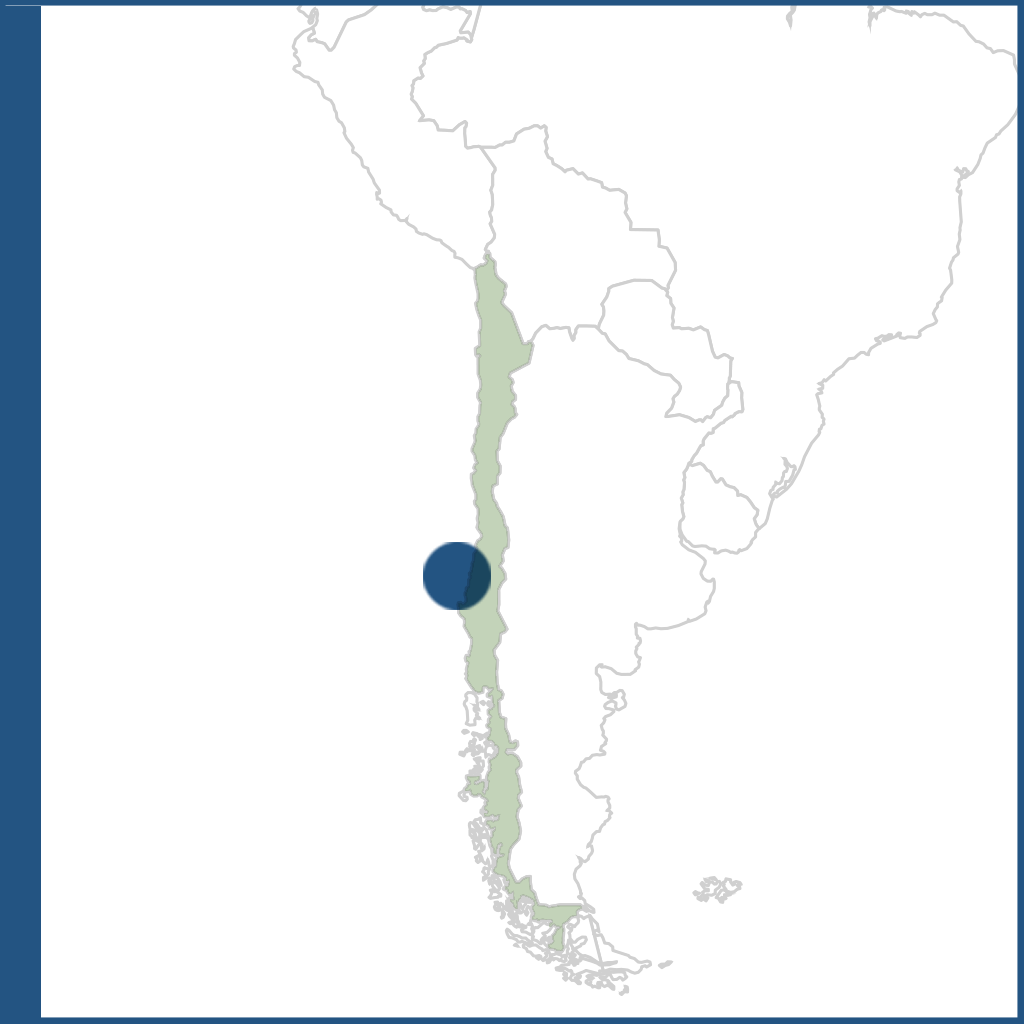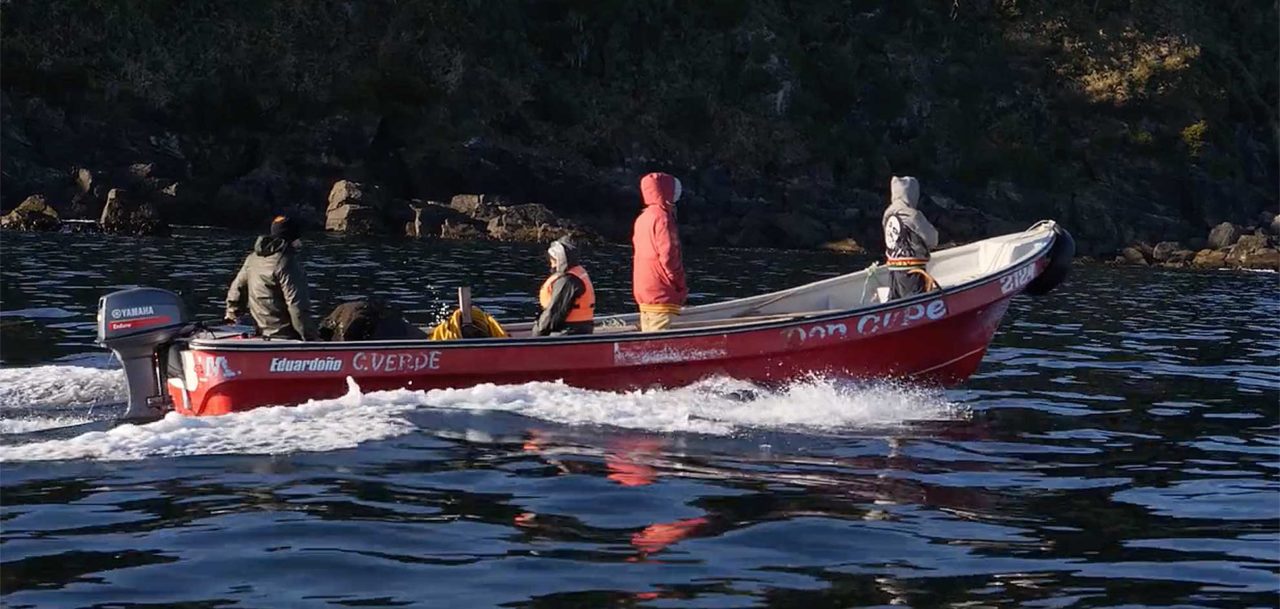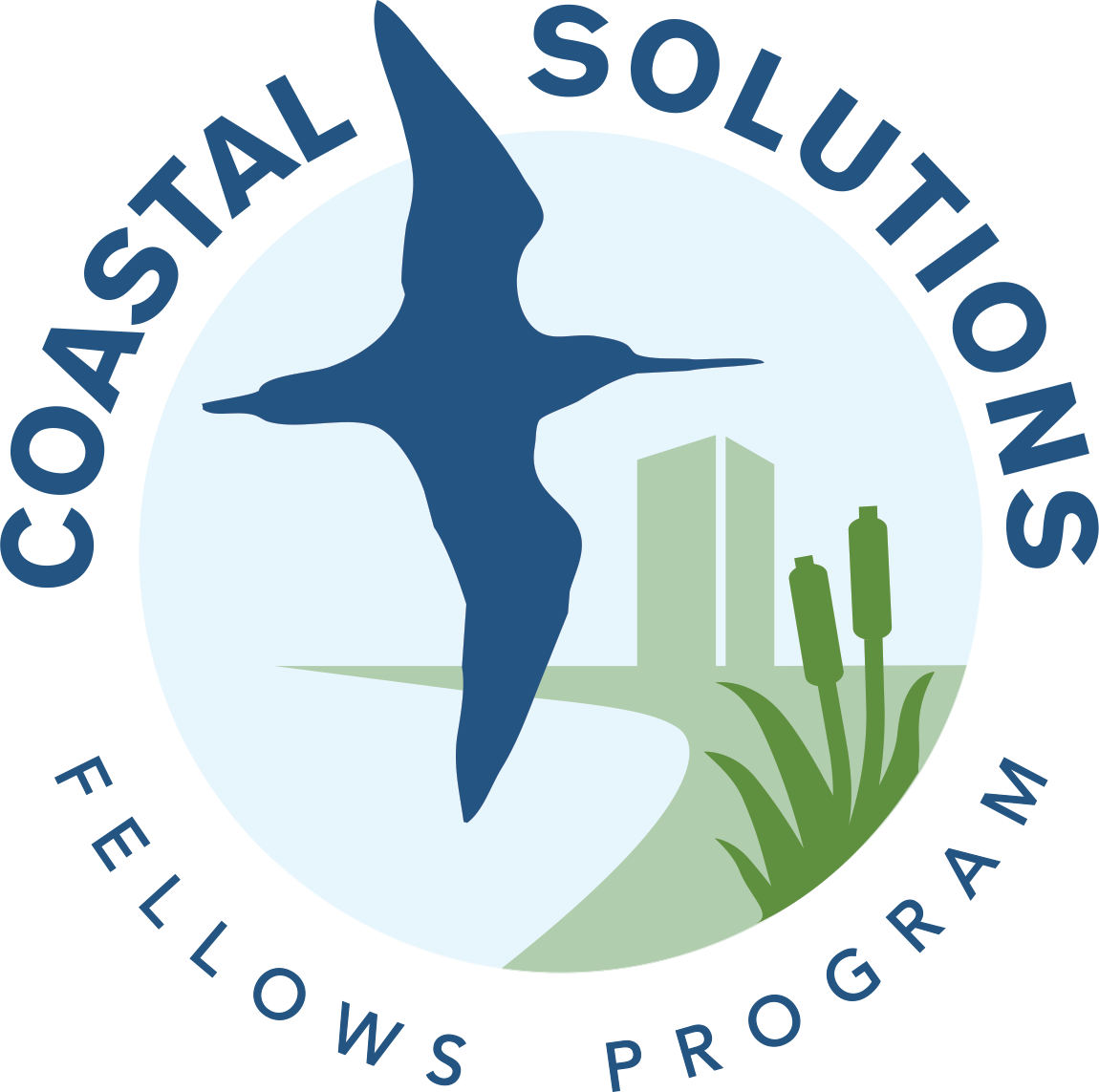Juan Silva

Strengthening resilience capacities for the Mouth of the Mataquito River, Chile
Project Site: Mouth of Mataquito River, Chile
Sector: NGO
Discipline: Ornithology, Socio-Economics, Architecture, Education
Collaborators: Comité Nacional Pro Defensa de la Fauna y Flora (CODEFF); Red de Observadores de Aves y Vida Silvestre de Chile (ROC); Instituto Milenio de Socio-Ecología Costera (SECOS); Ministerio del Ambiente de Chile; Sindicato de Pescadores Artesanales Mataquito de La Pesca; Municipalidad de Licantén; Municipalidad de Curepto
Juan Silva is a sociologist from Universidad Católica de Chile and M.Sc. in Environmental Science and Management from the University of California, Santa Barbara. He holds a Diploma in International Studies from the University of Chile and is a member of the Latin American Fisheries Fellowship Network. He did his master’s thesis in collaboration with Global Fishing Watch on exploring the incentives for vessel monitoring technology adoption in small-scale fisheries. He has worked in different projects for coastal marine management and conservation in the public, private, academic and NGO sector, which includes informing fisheries reform and investment strategies, tackling river plastic waste, designing management plans and climate change adaptation strategies for coastal indigenous communities, and coordinating national and international efforts and actors for increased coastal marine protection in Chile.
The Mataquito River Mouth is a 1,200-hectare estuarine wetland internationally recognized for its importance for both resident and migratory shorebirds. This site is classified as an IBA (Important Bird & Biodiversity Area) In Danger, due to serious threats from human disturbances and pollution.

From a socio-ecological perspective and with the use of participatory methodologies, this project seeks to articulate conservation professionals, government and local organizations around the co-construction of capacities for the conservation of shorebirds and the well-being of human communities in the site. Through the empowerment of key actors, co-learning and the promotion of governance, we expect to be able to institutionalize programs such as: birdwatching, environmental education and citizen science; monitoring systems, governance mechanisms and financing strategies. Additionally, we aim to explore all routes for the official protection of the site to reduce threats from human disturbances and pollution.
Juan is mentored by Daniel Imbernón, head ornithologist and scientific advisor on wildlife at the National Committee for the Defense of Wildlife and Plants (CODEFF), one of the oldest and most important non-profit organizations in Chile. He is currently the National Coordinator of the Terrestrial Important Bird Areas in Chile (IBAs), eBird reviewer for the Maule region, Regional Coordinator for the Waterbird Neotropical Census, and is a member of the Core Team that is developing the National Strategy for the Conservation of Birds.

The cross-sectoral collaborator is Drago Vodanovic (Master in Architecture and Urban Planning), Dean of the School of Architecture, Art and Design at the University of San Sebastián. He has centered his career in architectural projects in natural environmental, with experience in planning and design in coastal wetlands. He will guide the planning and landscape design components in this project, based on participatory methodologies to involve local communities and authorities in the process.
Other partners in the project include the Chilean Bird Network (ROC), the Chilean Ministry of Environment, the Millenium Institute for Coastal Socio-Ecology, the Union of Artisanal Fishermen of Mataquito, the Municipality of Licantén and the Municipality of Curepto.

The Coastal Solutions Fellows Program builds and supports an international community to design and implement solutions that address coastal challenges across the Pacific Americas Flyway. Our main goal is to conserve coastal habitats and shorebird populations by building the knowledge, resources, and skills of Latin American professionals, and by fostering collaborations among multiple disciplines and sectors.
